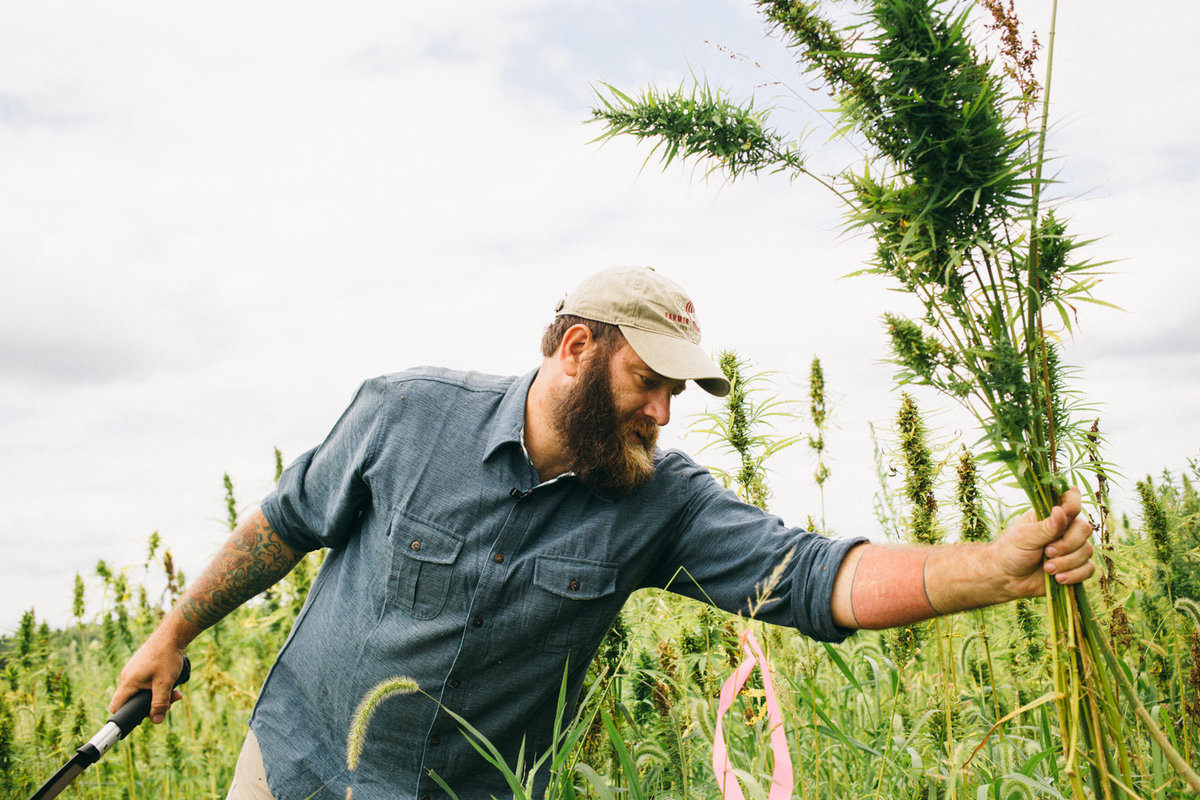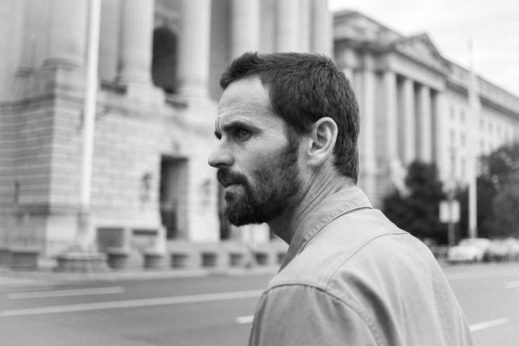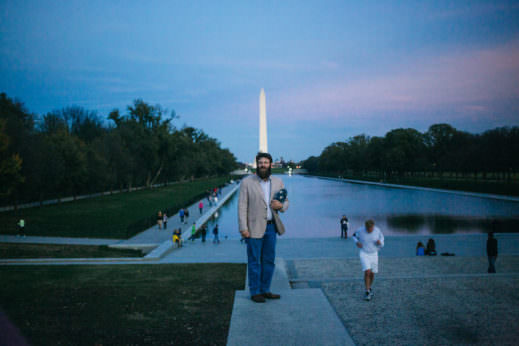Pro surfer Dan Malloy thinks small farmers should be able to grow industrial hemp. The feds think differently.

Around the world, hemp production is big business. In 2016, the U.S. will import an estimated $500 million in products made of industrial hemp. And since it’s been illegal to grow the crop here without a federal permit since 1970 (when it was added to Schedule I of the Controlled Substances Act and listed with drugs like heroin and LSD, along with its cousin, marijuana), American farmers have been shut out from this potential income stream.
The 2014 Farm Bill included a provision that allowed pilot growing programs in the 27 states that have removed barriers to hemp cultivation. But the Drug Enforcement Administration has been hard-nosed about its implementation. More than a year ago, the Industrial Hemp Farming Act of 2015 was introduced in Congress to make hemp farming legal, but the legislation hasn’t gone anywhere. On July 4, a petition urging Congress to pass the bill will be presented in D.C.
“Harvesting Liberty” follows Mike Lewis, a passionate Kentucky-born-and-bred veteran and farmer who founded Growing Warriors, a nonprofit that helps transition U.S. veterans into farmers, and is an advocate for industrial hemp production. Last year, he was given permission to grow a small hemp crop that was used to produce – with the help of Rebecca Burgess of the regenerative textile advocacy organization Fibershed – an American flag that was flown in Washington D.C. last Veteran’s Day.

Dan Malloy. Kern Ducote

Mike Lewis in Washington, D.C. with the flag made from hemp Growing Warriors produced. Donnie Hedden
We spoke with Malloy about the film, hemp farming, and history.
Modern Farmer: What was the experience of creating “Harvesting Liberty” like for you?
Dan Malloy: It took about eight months, but it wasn’t like we were working on it straight through during that time. We went to Kentucky to film Mike Lewis at his home and to film some of the process of growing and harvesting hemp. We also went to D.C. when Mike was there. It felt like such an honor to be around Mike and the others during that time, getting to witness and capture some of those moments that felt historic. It was hard to make the film because all the pieces were there, so if we didn’t make something decent it was our own fault (laughs). It felt like a lot of pressure to try do it justice.
MF: Were you surprised by anything you learned while making the film?
DM: I really didn’t know how deeply invested our country was in hemp going all the way back to the Colonial period. I’m not an historian, so I’m not going to go start trying to drop any facts. But I will say that it played a critical role in the development of the civilized world. I wanted to tell this story from the perspective of small- and medium-scale farmers, and how legalizing industrial hemp production could be an opportunity for them to have a more viable business. Small- and medium-scale farms need to be preserved and protected as much as any national park. But we shouldn’t just be doing it through grants and subsidies, but also through true opportunities for economic stability. Growing hemp could help, and the fact that we’re actually criminalizing it seems like total craziness.
MF: Did you ever look into the story on how hemp ended up being classified in the same category as heroin and LSD?
DM: I did a fair amount of research on that, but I personally don’t want to get too far into the weeds – no pun intended – on this question. There’s so many crazy conspiracy theories why hemp was made illegal. Some of the stories may be true, but it’s impossible to know. There are so many conflicting reports that I don’t like to go there.
MF: What are you up to now that the film is finished?
DM: I’m chipping away on some smaller projects for Patagonia. Also, my wife and I have a little four-acre educational farm near Ojai called Poco Farms that keeps us super busy. My wife runs it. We have a little citrus orchard, a bunch of chickens and dairy goats, and about two acres for vegetable production. It’s an educational farm for the schools in town. They’re able to get their hands dirty – pick vegetables, gather eggs, and milk goats. It’s awesome to see certain kids who are really zoned in, interested, and excited to be there working. It’s the kind of education I would have really connected with in grammar school and high school.
Watch “Harvesting Liberty” here: